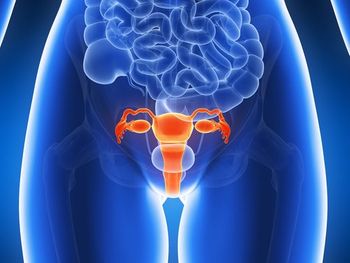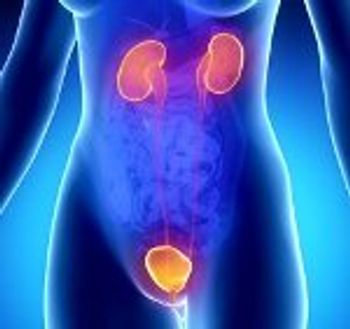
Chronic pelvic pain is costly to diagnose and treat, but appropriate and timely interventions can lead to a restoration of quality of life.

Chronic pelvic pain is costly to diagnose and treat, but appropriate and timely interventions can lead to a restoration of quality of life.

These tips for implementing good technique in laparoscopic surgeries can help reduce complications and result in faster surgeries.

Hospital births and obstetricians are not the enemies of low-intervention spontaneous vaginal delivery.

There isn't enough evidence to recommend chewing gum after a c-section or other surgery to improve GI function, but the practice won't hurt.

In the latest volley in the ongoing controversy regarding the safety of some forms of hysterectomy, the country’s largest insurer will soon begin requiring prior authorization for many of the procedures. The action, taken by UnitedHealthCare, takes effect April 6, 2015 and does not apply to outpatient vaginal surgeries.

For women in whom surgery is not recommended or necessary, treatment with the goal of symptom relief and size reduction can be achieved medically.

Readers comment on MOC, ureteral injury, nonimmune hydrops fetalis

Among BRCA mutation carriers, risk-reducing bilateral salpingo-oophorectomy (RRSO) results in an 80% reduction in risk of ovarian cancer and a 50% reduction in risk of breast cancer if the surgery is performed before the onset of menopause.

A review of the latest research on the persistence of vasomotor symptoms, the link between hormone therapy and ovarian cancer risk, and the prevalence of substance use in pregnant adolescents.

Six months after a tubal ligation, a woman became pregnant. She gave birth by cesarean to a child who was diagnosed with sickle cell disease.

Even in a surgical setting, 3D technology can draw a crowd.

A first-of-its-kind prospective study by researchers from Australia shows that women who have operative deliveries may be at increased risk of dyspareunia during the postpartum period.

Nearly 1 in 5 hysterectomies for benign indications were unnecessary, and nearly 2 in 5 had unsupportive pathology in women younger than 40.

The Joan Rivers' case revealed that safety protocols can be ignored. So how can patients, especially pregnant patients, be reassured that they are in good hands?

Analysis of data from more than 2.2 million vaginal deliveries shows that episiotomy declined between 2006 and 2012 and nonmedical factors may have been at play. The findings were published in a Research Letter in JAMA.

According to a new study in Gynecologic Oncology, women who have polycystic ovary syndrome (PCOS) may be at greater risk of developing some types of cancer.

A reader takes issue with the authors' assertion that risk of ureteral injury is higher for vaginal hysterectomy.

New research has found a link between day-of-surgery urinary microbiota and the likelihood of a urinary tract infection after pelvic floor surgery.

Our reviewer took two products for gynecologic surgeons for a test drive. Here's what he found.

An ADP-ribose polymerase (PARP) inhibitor has received accelerated approval from the US Food and Drug Administration (FDA) for treatment of women with heavily pretreated ovarian cancer associated with defective BRCA genes.

Women at risk of ovarian cancer and who are undergoing hysterectomy should be counseled about the possible benefits of salpingectomy, according to a new committee opinion from the American College of Obstetricians and Gynecologists.

On July 29, 2010, a 46-year-old obese primarily Spanish-speaking patient was admitted to a hospital by her private ob/gyn Dr. A for a total laparoscopic hysterectomy (TLH) and/or laparoscopically assisted vaginal hysterectomy (LAVH) that day.

The right combination of medication, physical therapy, and lifestyle changes may help patients with this sometimes stubborn condition.

From surgical staplers to birthing simulator updates, 2014 brought many new innovations for obstetrics and gynecology.

Addressing the emotional component of a patient's diagnosis isn't often feasible, but these tools can help patients with this important aspect of healing.